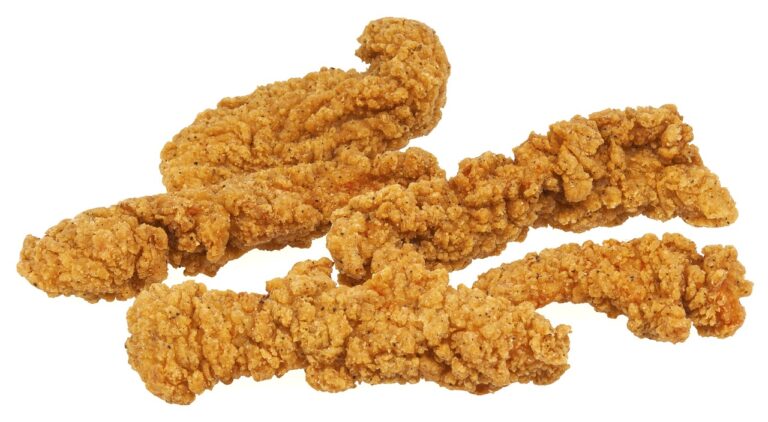The Future of Food Waste Management: Innovative Solutions for Recycling and Composting
Handling food waste poses significant challenges in modern society. One of the main obstacles is the sheer volume of food that goes to waste each year. Restaurants, supermarkets, and households collectively contribute to massive amounts of food wastage, placing a strain on waste management systems and landfills. The lack of proper infrastructure and resources to deal with this abundant waste exacerbates the problem, leading to environmental and economic impacts.
Moreover, changing consumer behaviors and preferences add another layer of complexity to food waste management. With the rise of fast-food culture and convenience-driven lifestyles, people are more inclined to discard food rather than properly store or repurpose it. Education and awareness campaigns are crucial in tackling this issue and encouraging individuals to adopt sustainable practices in managing their food waste.
Benefits of Recycling Food Waste
Recycling food waste offers numerous advantages, both for the environment and society as a whole. By diverting organic waste from landfills, the production of methane gas, a potent greenhouse gas, is significantly reduced. This helps mitigate climate change and lessen the environmental impact of food waste disposal. Additionally, recycling food waste can lead to the production of nutrient-rich compost, which can then be used to enrich soil and support sustainable agriculture practices.
Furthermore, recycling food waste can create economic opportunities by generating revenue through the sale of compost or converted energy. This not only helps offset the costs associated with waste management but also promotes a circular economy where resources are utilized efficiently. By incorporating food waste recycling into waste management strategies, communities can work towards achieving sustainability goals and establishing a more resilient and resource-conscious future.
Innovative Technologies for Composting
Composting has long been recognized as an effective way to manage organic waste and create nutrient-rich soil amendments. Recently, innovative technologies have emerged to improve the composting process and increase efficiency. These advancements aim to address challenges such as odor control, high moisture levels, and slow decomposition rates, making composting more accessible and sustainable for a wider range of applications.
One such technology is in-vessel composting, which involves tightly controlled environments that accelerate the decomposition of organic waste. By regulating temperature, moisture, and aeration levels, in-vessel composting can produce high-quality compost in a shorter period compared to traditional methods. Another innovative approach is the use of biofilters and bioaugmentation techniques to minimize odors and enhance microbial activity during composting, leading to faster breakdown of organic matter and improved overall compost quality.
In-vessel composting accelerates decomposition of organic waste
Regulates temperature, moisture, and aeration levels for high-quality compost
Biofilters and bioaugmentation techniques minimize odors during composting
Enhances microbial activity for faster breakdown of organic matter
What are the challenges in food waste management?
Some challenges in food waste management include lack of proper infrastructure for composting, inefficient collection systems, and limited awareness among consumers about the importance of recycling food waste.
What are the benefits of recycling food waste?
Recycling food waste helps reduce greenhouse gas emissions, enriches soil health, conserves natural resources, and saves landfill space. It also promotes a more sustainable approach to waste management.
What are some innovative technologies for composting?
Some innovative technologies for composting include in-vessel composting systems, aerobic digesters, and food waste depackaging machines. These technologies help speed up the composting process and produce high-quality compost.







